Political ideologies are coherent sets of beliefs and values that form a framework for understanding the role of government and the organization of society. They guide political behavior and policy decisions, influencing views on topics like economic distribution, individual liberties, and social justice.
@VOTA2yrs2Y
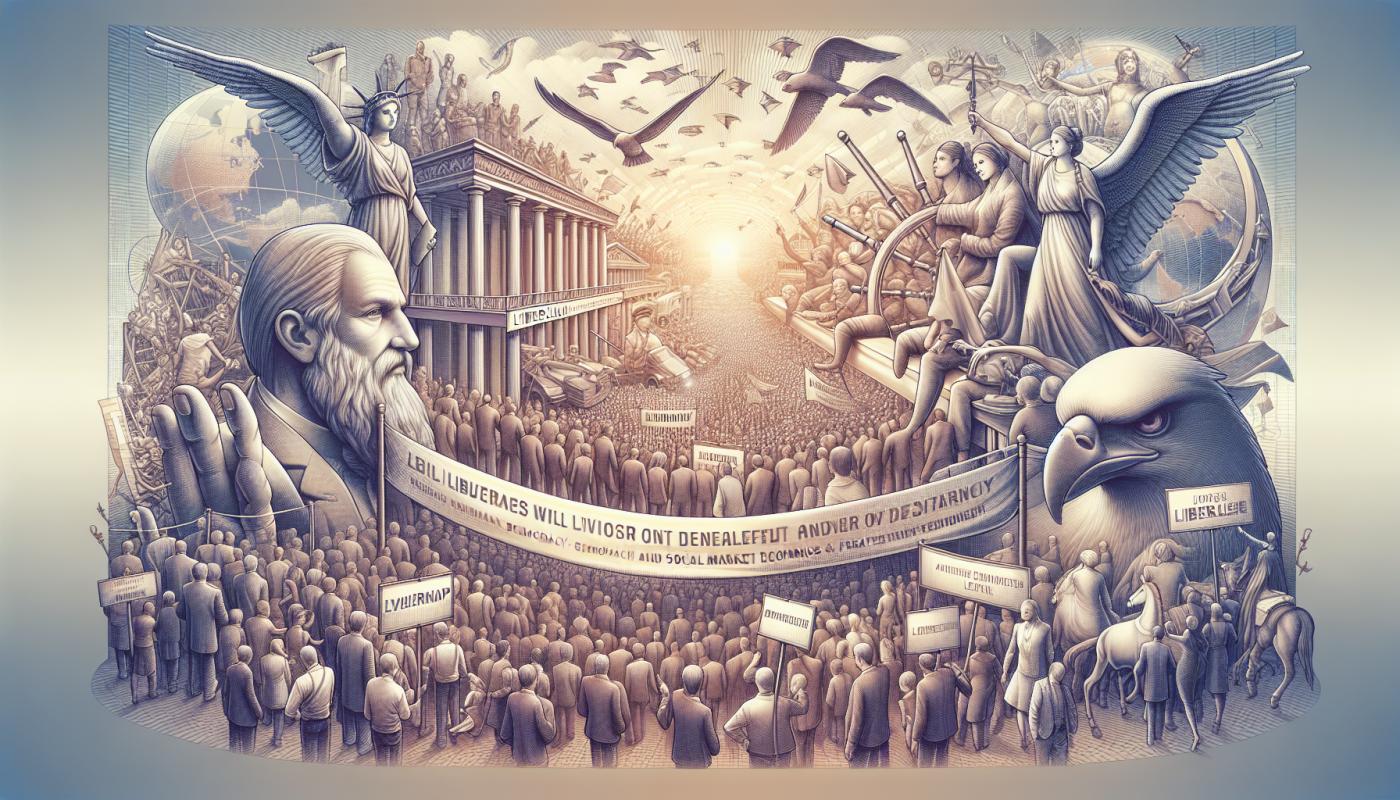
Liberalism
Liberalism is a political ideology that emphasizes individual rights, equality, and the protection of civil liberties. It is rooted in the principles of democracy, free market economics, and the rule of law. The term "liberalism" comes from the Latin word "liber," meaning "free," and it is fundamentally concerned with the concept of freedom and the rights of the individual.
The origins of liberalism can be traced back to the Age of Enlightenment in the 17th and 18th centuries, a period of intellectual and philosophical development that emphasized reason, analysis,… Read more
@VOTA2yrs2Y
How can we ensure that the quest for social justice doesn't infringe upon the liberties of others?
@9HDHV5KPolish Socialist2yrs2Y
In a world where we reach equality for all social justice won’t be required to infringe on those liberties.
@VOTA2yrs2Y
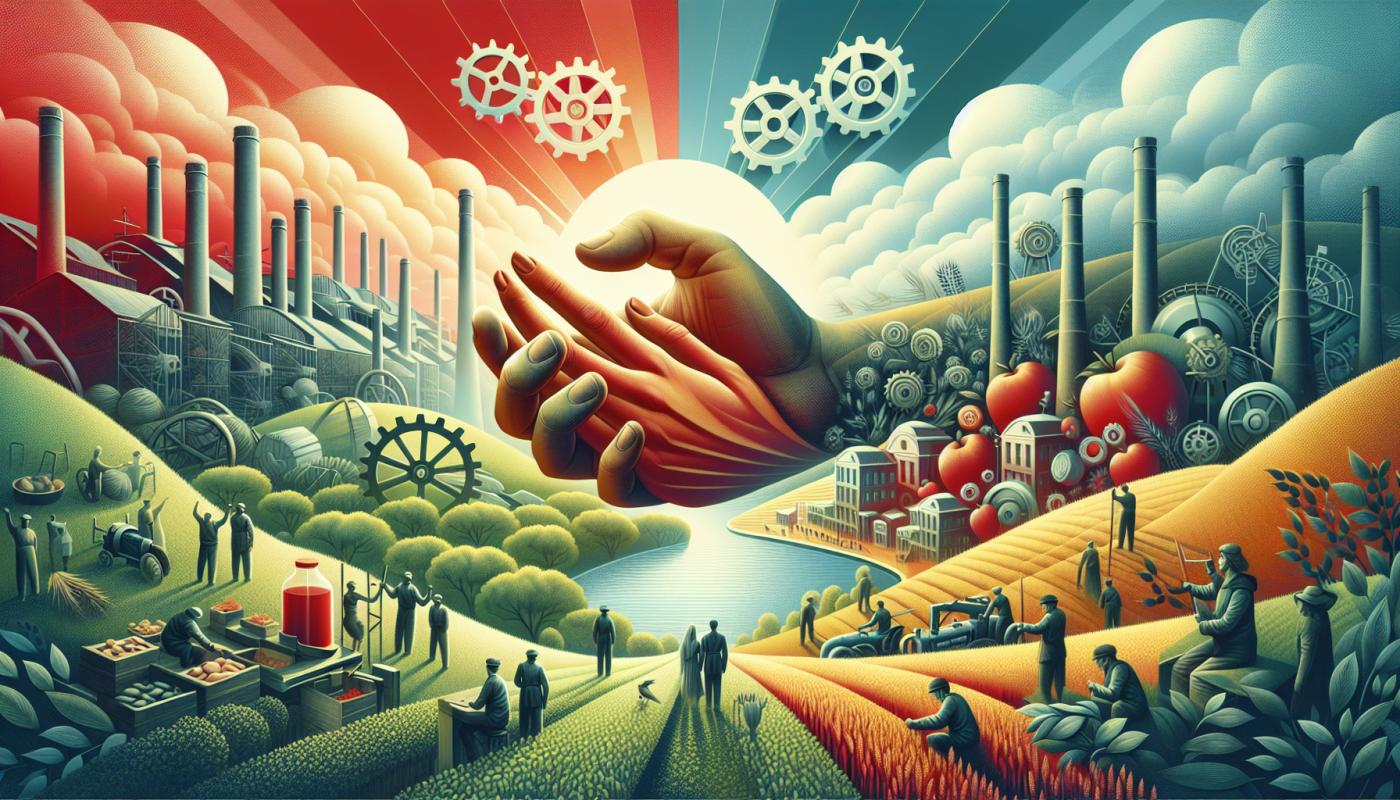
Socialism
Socialism is a political ideology that advocates for the collective or governmental ownership and administration of the means of production and distribution of goods. It emphasizes the principle that wealth and income should be shared more equally among the people. Socialists argue that the distribution of wealth and power in a society should be controlled by the whole community rather than by individuals or private corporations.
The roots of socialism as a political ideology can be traced back to the French Revolution in the late 18th century, but it was not until the 19th century that it… Read more
@VOTA2yrs2Y
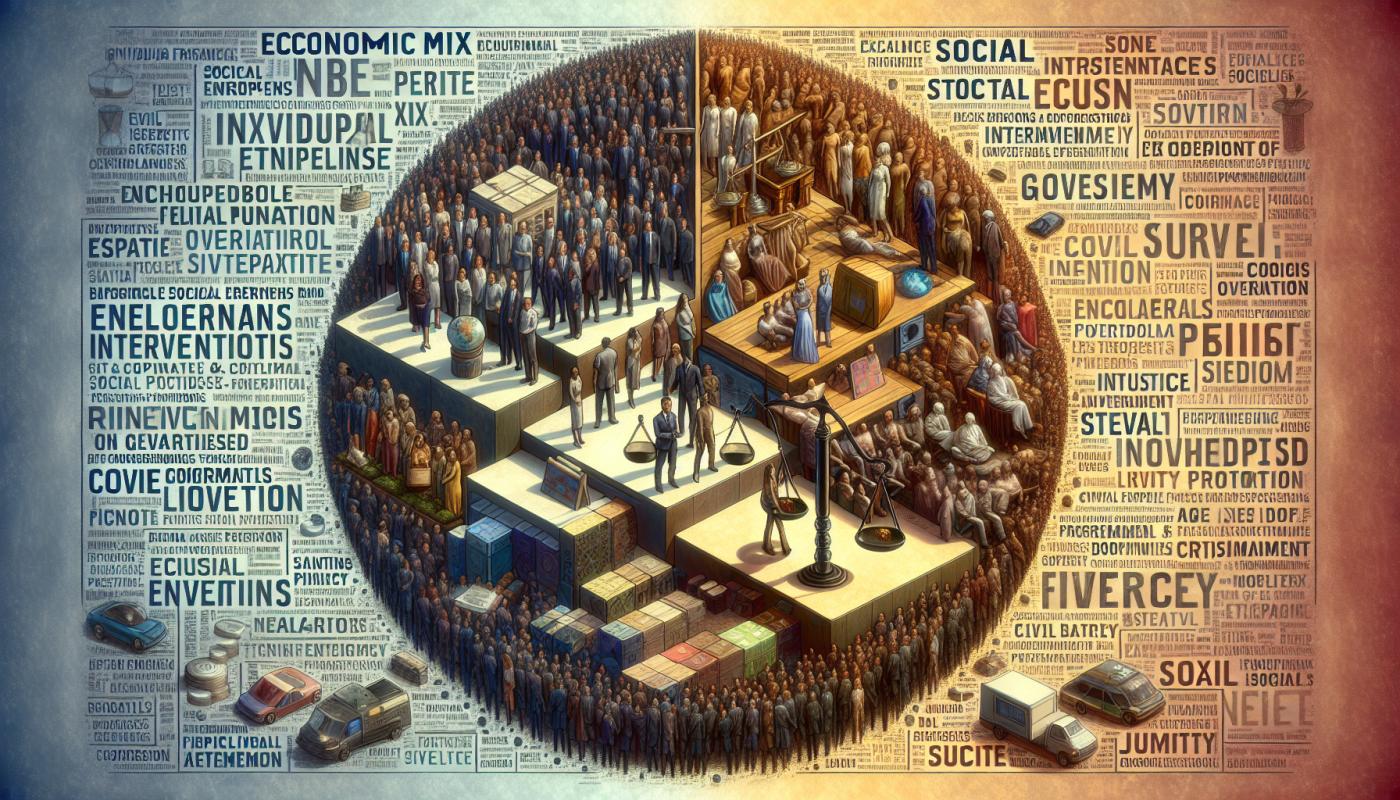
Social Liberalism
Social Liberalism is a political ideology that advocates for a balance between individual liberty and social justice. It emphasizes the belief that governments should play a role in addressing economic and social issues, such as poverty and inequality, while also protecting civil liberties and individual rights. Social liberals believe in a mixed economy, where both the private sector and the state have important roles to play.
The roots of social liberalism can be traced back to the Age of Enlightenment in the 18th century, when philosophers such as John Locke and Jean-Jacques Rousseau argued… Read more
@VOTA2yrs2Y
Centre-Right
Centre-right political ideology is a term used to describe individuals, political parties, or policies that incorporate elements of both conservative and liberal philosophies. This ideology is often characterized by a belief in a market-based economy where government intervention is limited, combined with a moderate stance on social issues. Centre-right individuals or parties typically advocate for fiscal conservatism, personal freedom, and a balanced approach to social reform.
The history of the centre-right ideology is complex and varies across different countries and regions. However, it… Read more
@VOTA2yrs2Y
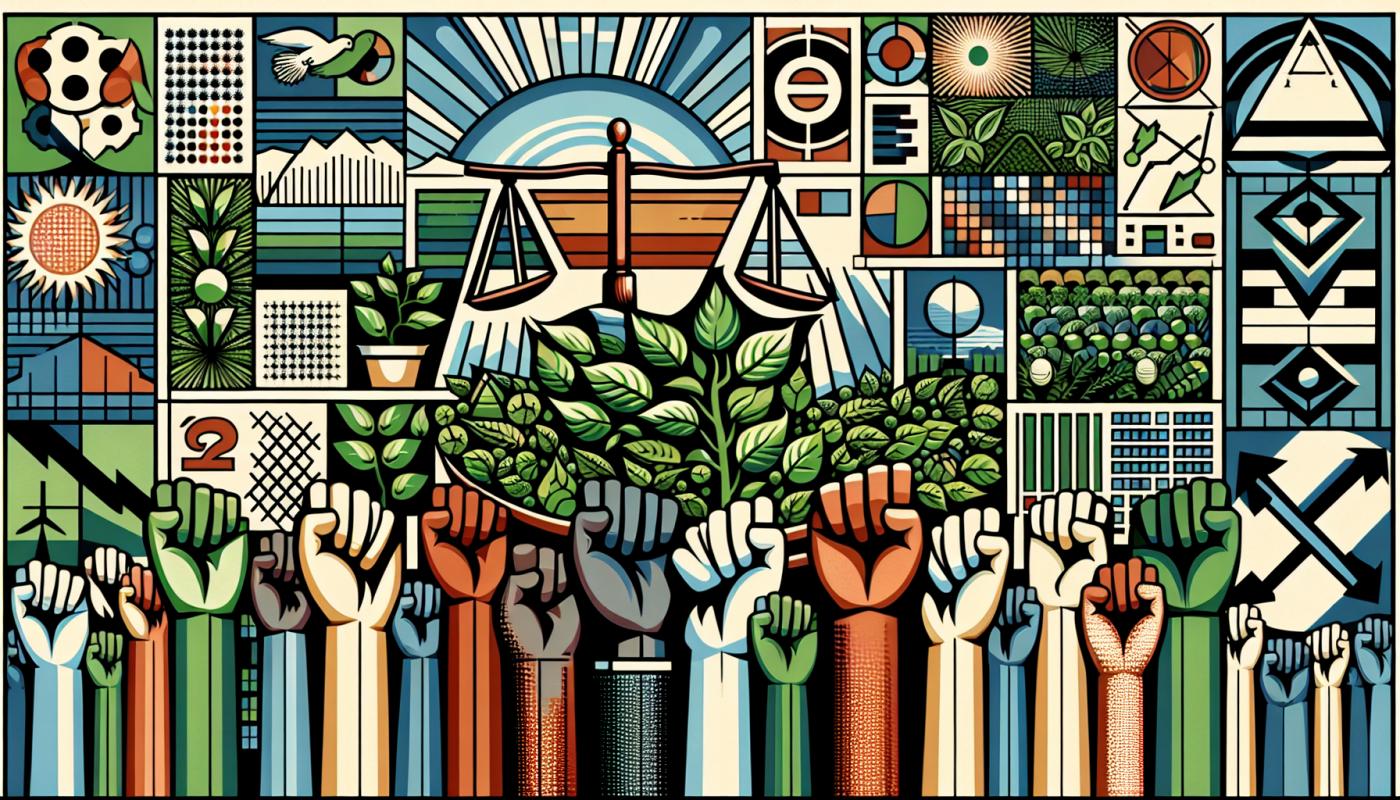
Left-Wing
Left-wing political ideology is a broad spectrum of political philosophies that prioritize social equality and aim to diminish the impact of social hierarchies. It is often associated with ideas of social justice, labor rights, welfare state, and civil liberties. Left-wing politics typically involve a concern for those in society whom its adherents perceive as disadvantaged relative to others, and a belief that there are unjustified inequalities that need to be reduced or abolished.
The term "left-wing" has its origins in the French Revolution of the 18th century, when liberal deputi… Read more
@VOTA2yrs2Y
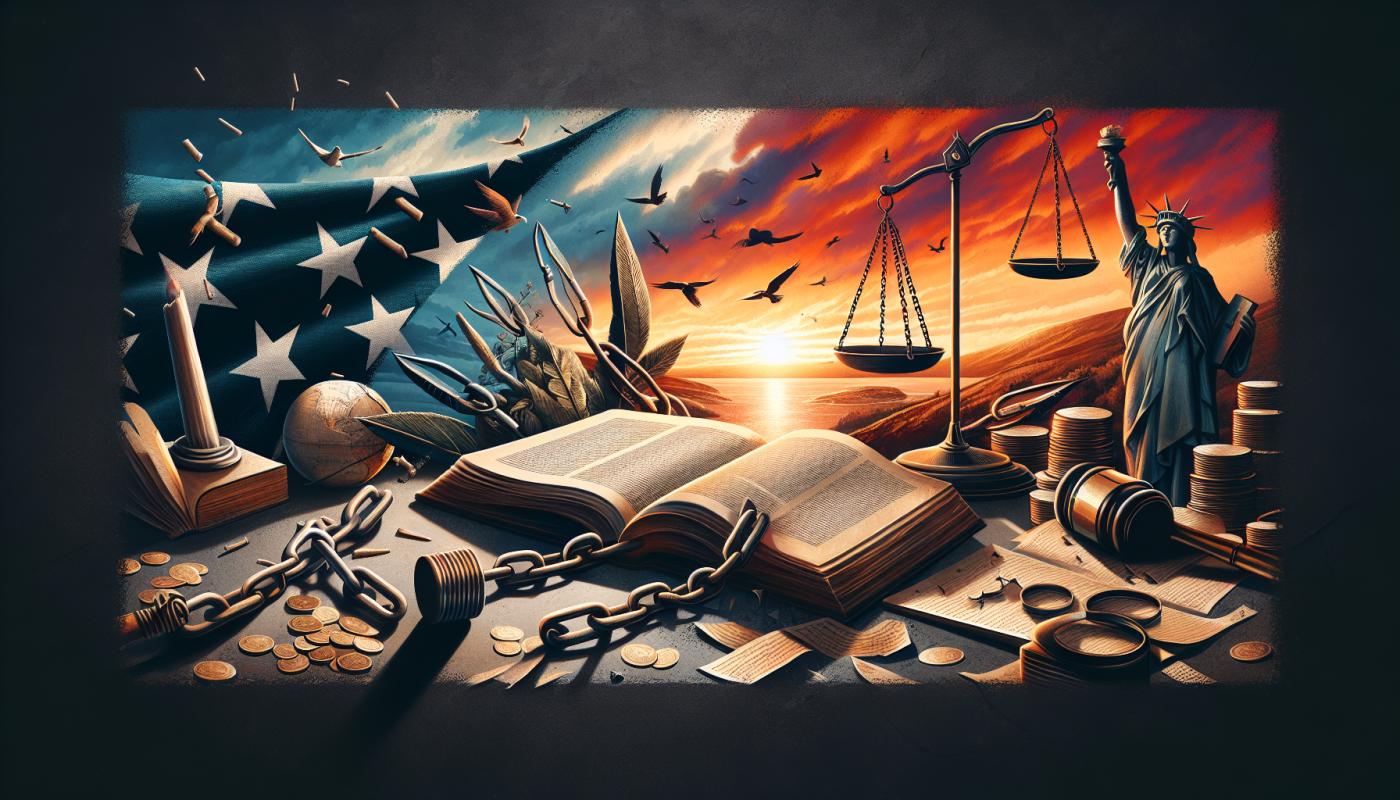
Libertarianism
Libertarianism is a political philosophy that upholds liberty as a core principle. Libertarians seek to maximize political freedom and autonomy, emphasizing freedom of choice, voluntary association, and individual judgment. They believe in the principle of self-ownership and reject any form of coercion or force that infringes upon individual rights. This ideology is often associated with a laissez-faire economic perspective, advocating for minimal state intervention in the economy and the free market.
The roots of libertarianism can be traced back to the Age of Enlightenment in the 18th centur… Read more
@VOTA2yrs2Y
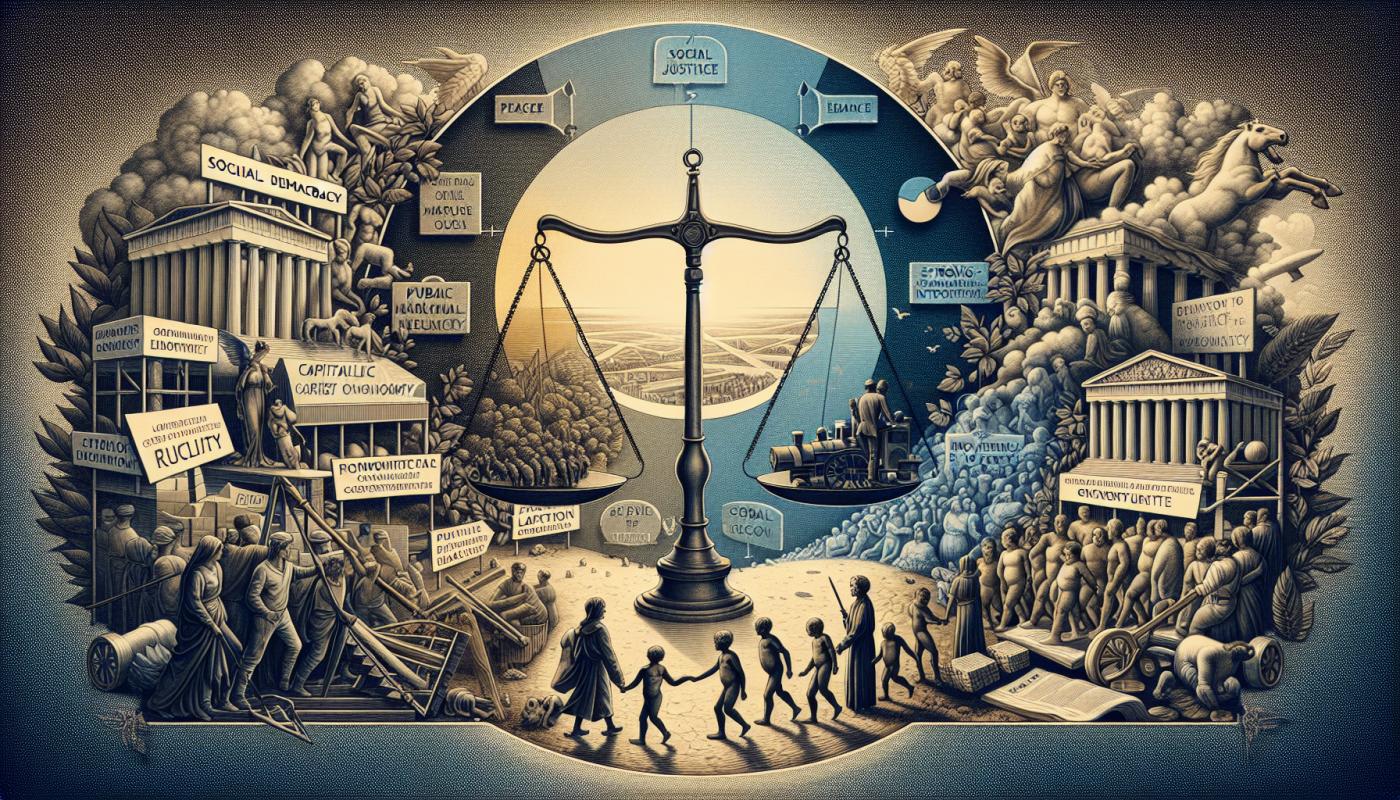
Social Democracy
Social Democracy is a political ideology that advocates for a balance between a capitalist or market economy and strong governmental intervention to promote social justice. It is rooted in the belief that social and economic inequalities should be minimized through progressive taxation, income redistribution, or even welfare state measures. The ideology also supports a robust public sector, including public education, healthcare, and child care, as well as other services aimed at minimizing poverty and homelessness.
The origins of Social Democracy can be traced back to the 19th century, during… Read more
@VOTA2yrs2Y
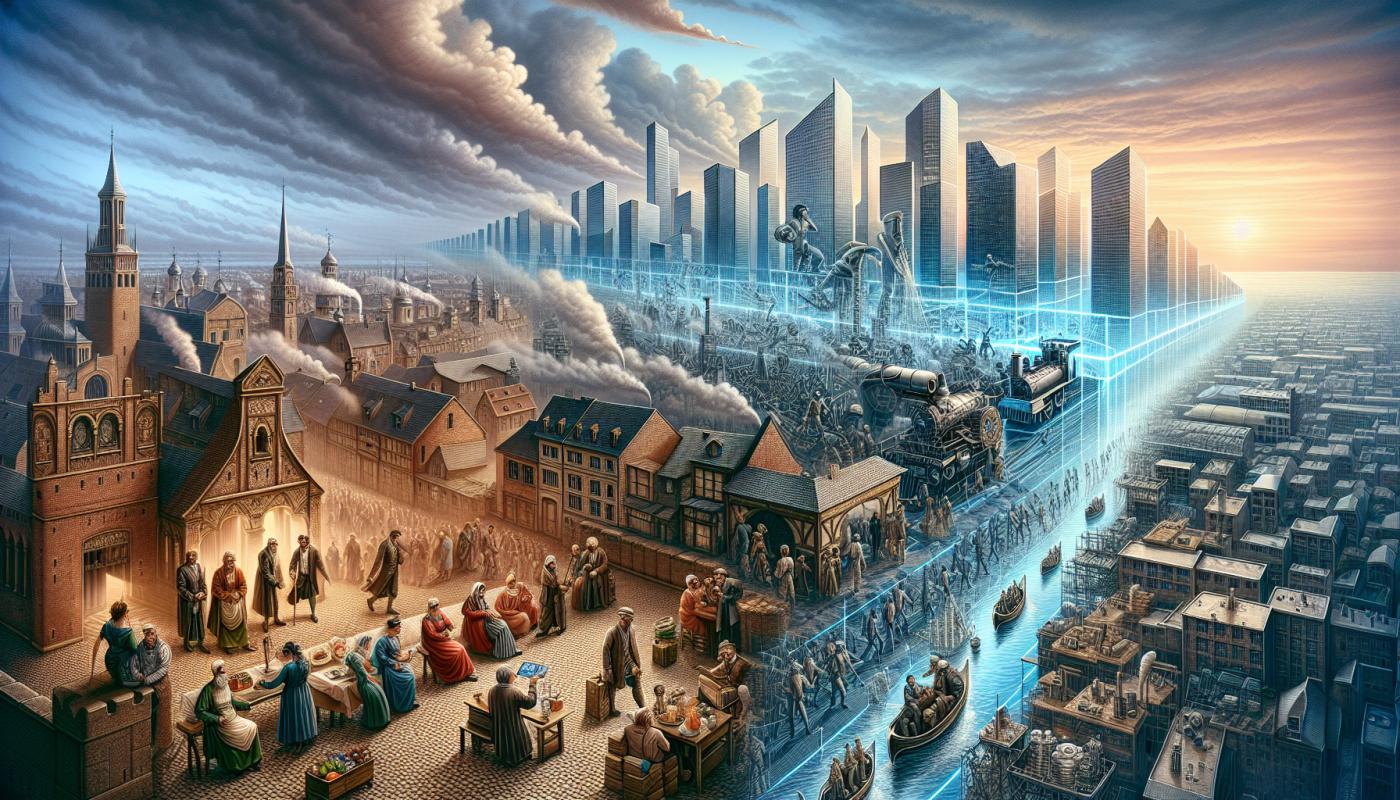
Capitalism
Capitalism is a political and economic ideology characterized by private or corporate ownership of capital goods, investments determined by private decision, and prices, production, and the distribution of goods determined mainly by competition in a free market. It is a system in which the means of production are privately owned and operated for profit. This profit is generated through efficient use of the resources, obtained through a voluntary exchange in a free market.
The roots of capitalism can be traced back to the late Middle Ages in Europe, where it gradually emerged following the demi… Read more
@VOTA2yrs2Y
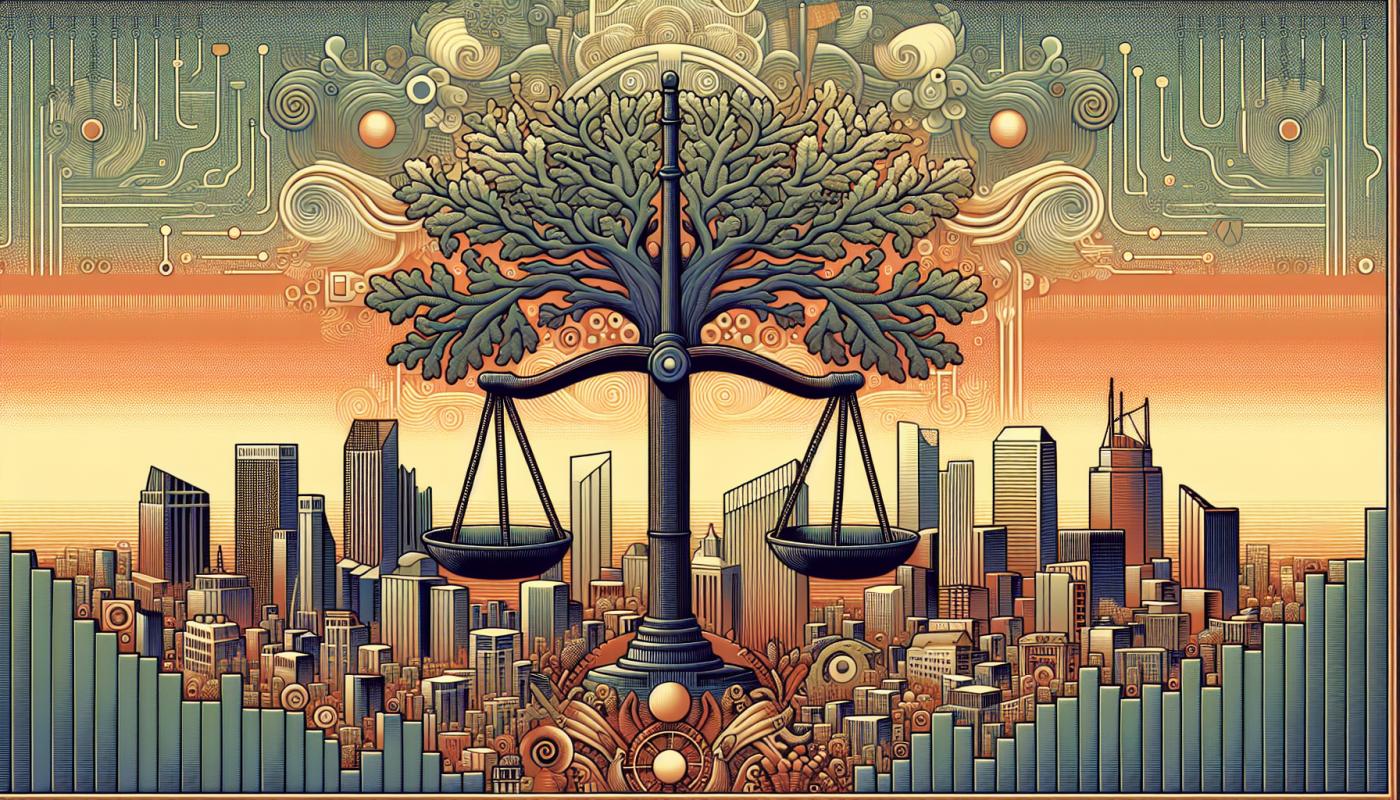
Right
The "Right" political ideology is a broad term that encompasses a range of beliefs and values centered around traditionalism, conservatism, and a preference for maintaining established social hierarchies and institutions. Right-wing ideologies typically emphasize individualism, free markets, limited government intervention, and a focus on personal responsibility.
Historically, the roots of the Right can be traced back to the aftermath of the French Revolution in the late 18th century, where conservative thinkers sought to preserve the existing social order and resist the revolutionar… Read more
@9DWS94N2yrs2Y
Workerist National-Capitalism
@9F5B4ZF2yrs2Y
Leftism with a traditionalist mindset
@VOTA1yr1Y
Far-right
The "Far-right" political ideology is a term used to describe a range of political beliefs that are characterized by extreme conservatism, nationalism, and authoritarianism. Far-right ideologies often emphasize traditional values, strong national identity, and a desire to preserve or restore what they see as the cultural, racial, or religious purity of a nation.
Historically, far-right movements have emerged in various countries and time periods, often in response to social, economic, or political changes that they perceive as threatening their way of life. These movements can be tra… Read more
@VOTA2yrs2Y

Centrism
Centrism is a political ideology that advocates for a balanced approach to policy-making, drawing upon ideas from both the left and the right of the political spectrum. Centrists often seek to promote moderate policies that avoid the perceived extremes of left-wing and right-wing ideologies. They typically emphasize practical solutions over ideological purity, and they may support a mix of progressive and conservative policies depending on the issue at hand.
The history of centrism is complex and varies across different countries and political systems. However, it is generally associated with… Read more
@VOTA2yrs2Y

Right-Wing
Right-wing political ideology is a term used to describe a political perspective that emphasizes tradition, limited government, capitalism, and strong national defense. The term "right-wing" originated from the French Revolution in the late 18th century, where the conservative supporters of the monarchy sat on the right side of the National Assembly. Since then, the term has been used to denote a broad range of political views that are generally opposed to radical or progressive changes in society.
Right-wing ideology is often associated with social conservatism and a belief in natur… Read more
@VOTA2yrs2Y
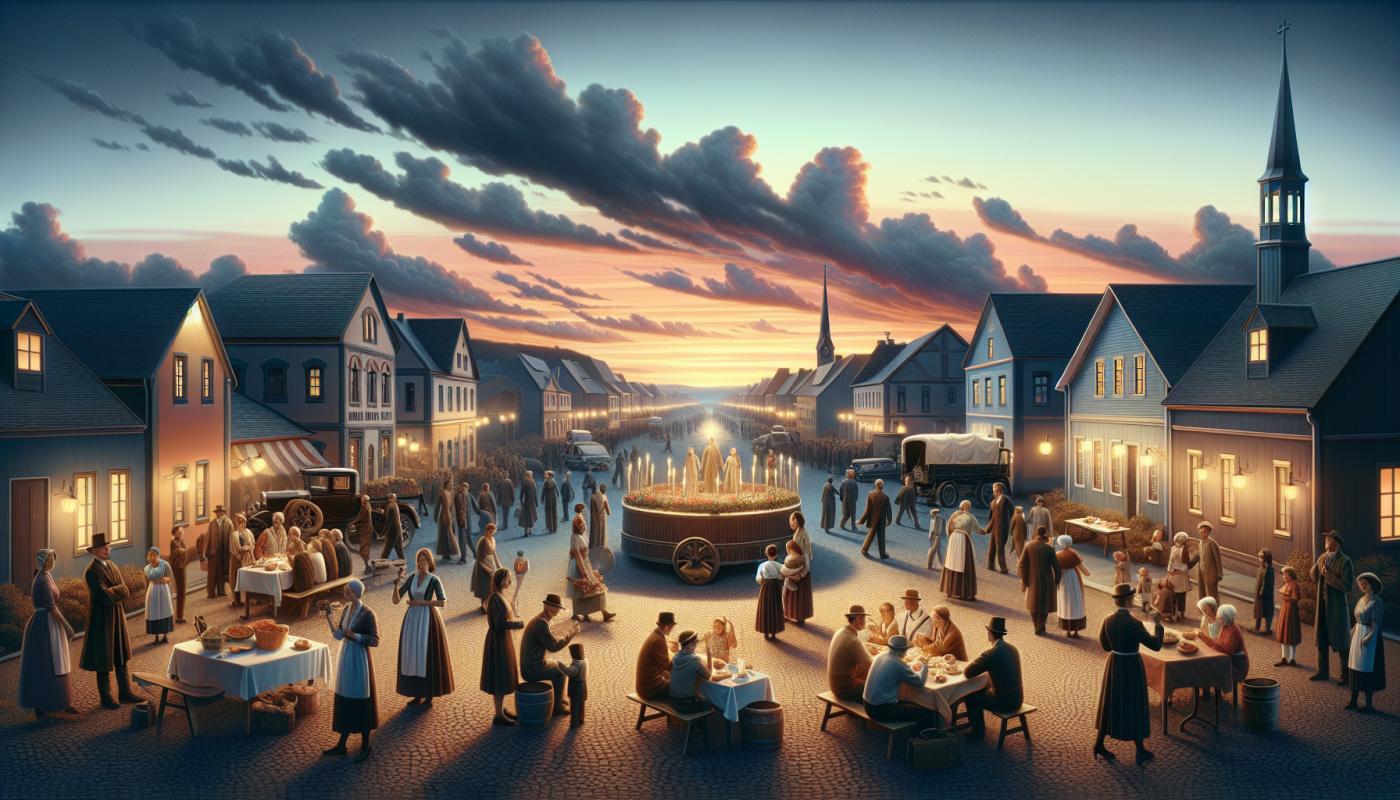
Social Conservatism
Social conservatism is a political ideology that emphasizes traditional social institutions and values. It is often associated with the belief that society should uphold certain traditional norms and values, such as family structure, religion, morality, and patriotism. Social conservatives often resist progressive changes that they believe could disrupt the social order, such as same-sex marriage, abortion, and drug legalization.
The roots of social conservatism can be traced back to the 18th century, during the period of the Enlightenment. The French philosopher Edmund Burke is often consider… Read more
@VOTA2yrs2Y
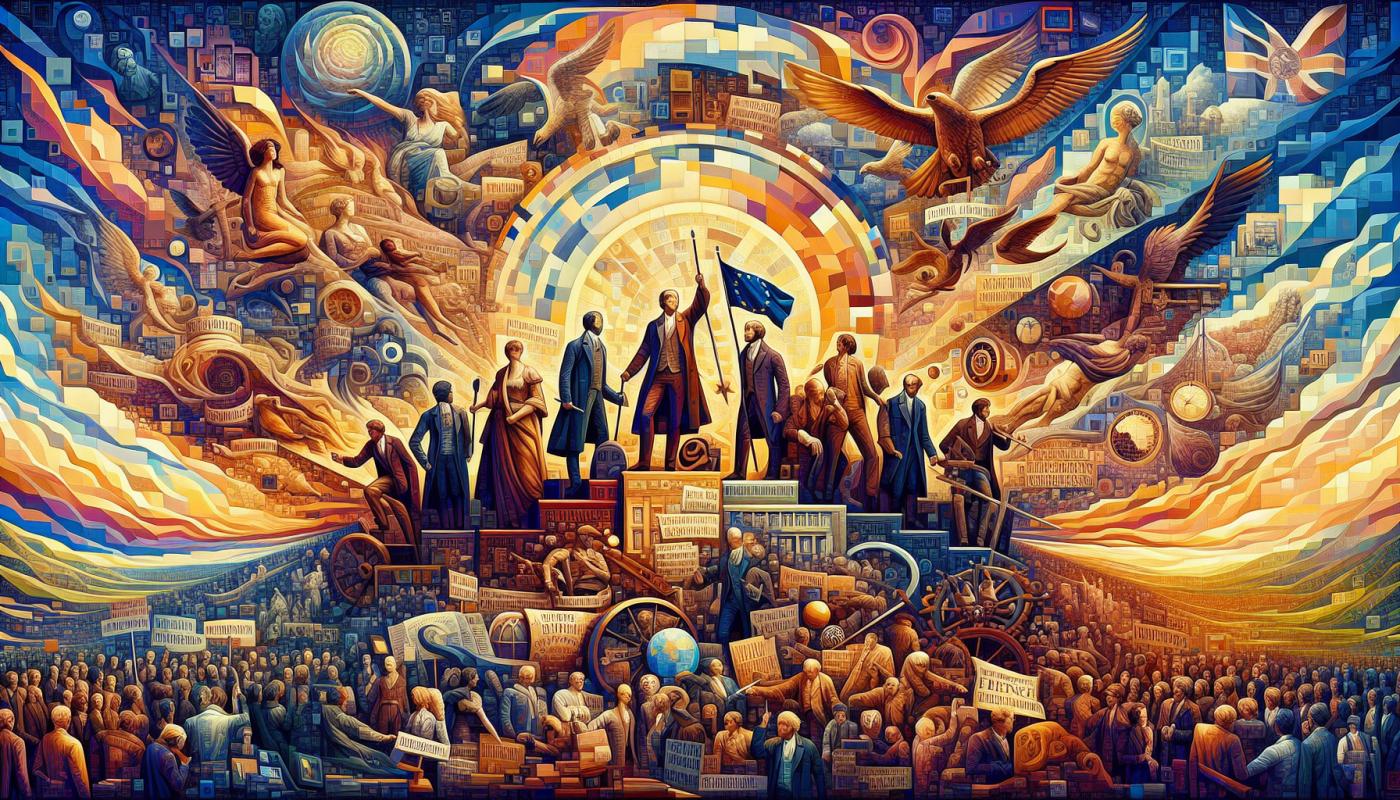
Classical Liberalism
Classical liberalism is a political ideology that values the freedom of individuals — including the freedom of religion, speech, press, assembly, and markets — as well as limited government. It developed in the 18th century, evolving out of the Age of Enlightenment in Europe and America. The ideology is heavily based on the works of a number of prominent philosophers, including John Locke, Adam Smith, and Voltaire, who championed the concepts of individual liberty, natural rights, and economic freedom.
John Locke, often considered the father of classical liberalism, argued that eac… Read more
@VOTA2yrs2Y
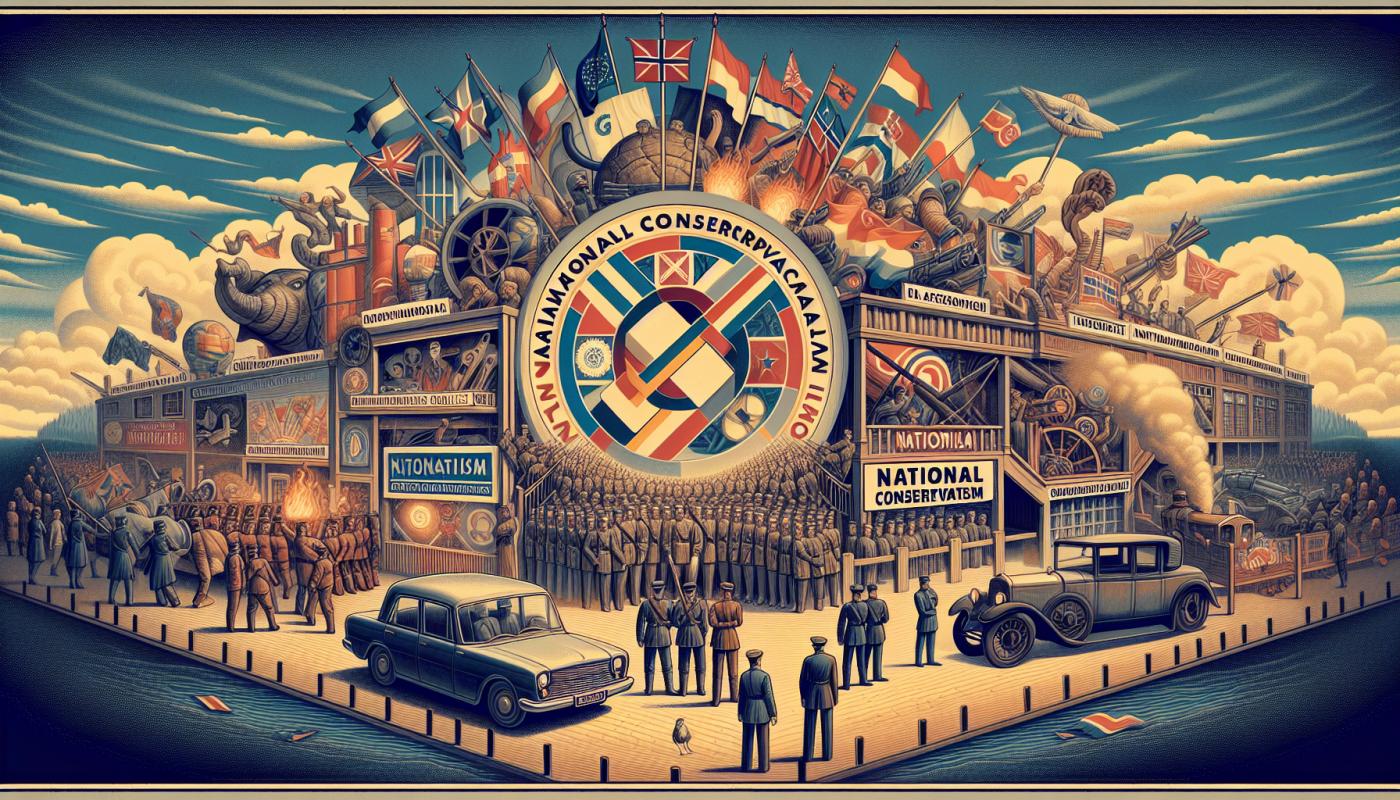
National Conservatism
National Conservatism is a political ideology that emphasizes the preservation and promotion of national interests and cultural identity over individualism and global integration. It is a variant of conservatism that values the traditions, heritage, and established social order within a nation. National conservatives believe in the importance of national sovereignty and often advocate for restrictions on immigration, protectionist economic policies, and a focus on law and order.
The roots of National Conservatism can be traced back to the 19th century, during the rise of nationalism in Europe.… Read more
@VOTA2yrs2Y
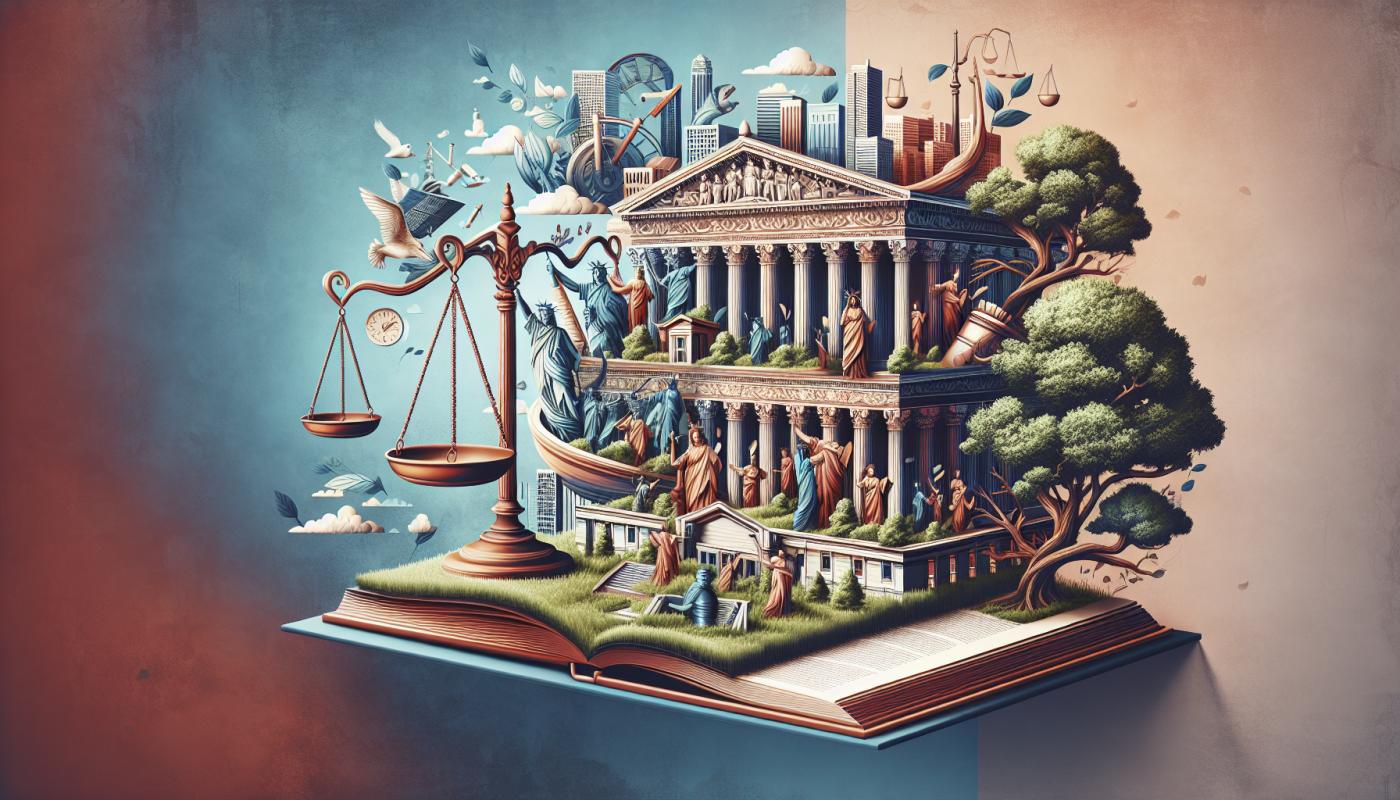
Conservatism
Conservatism is a political ideology that emphasizes the preservation of traditional institutions, practices, and moral values. It is rooted in a resistance to rapid change and a preference for gradual evolution, with a strong focus on maintaining social stability and continuity. The ideology often advocates for limited government intervention, free market capitalism, and individual liberties.
The origins of conservatism can be traced back to the late 18th century, during the period of the Enlightenment. It emerged as a reaction to the radical political changes brought about by the French Revo… Read more
@VOTA2yrs2Y
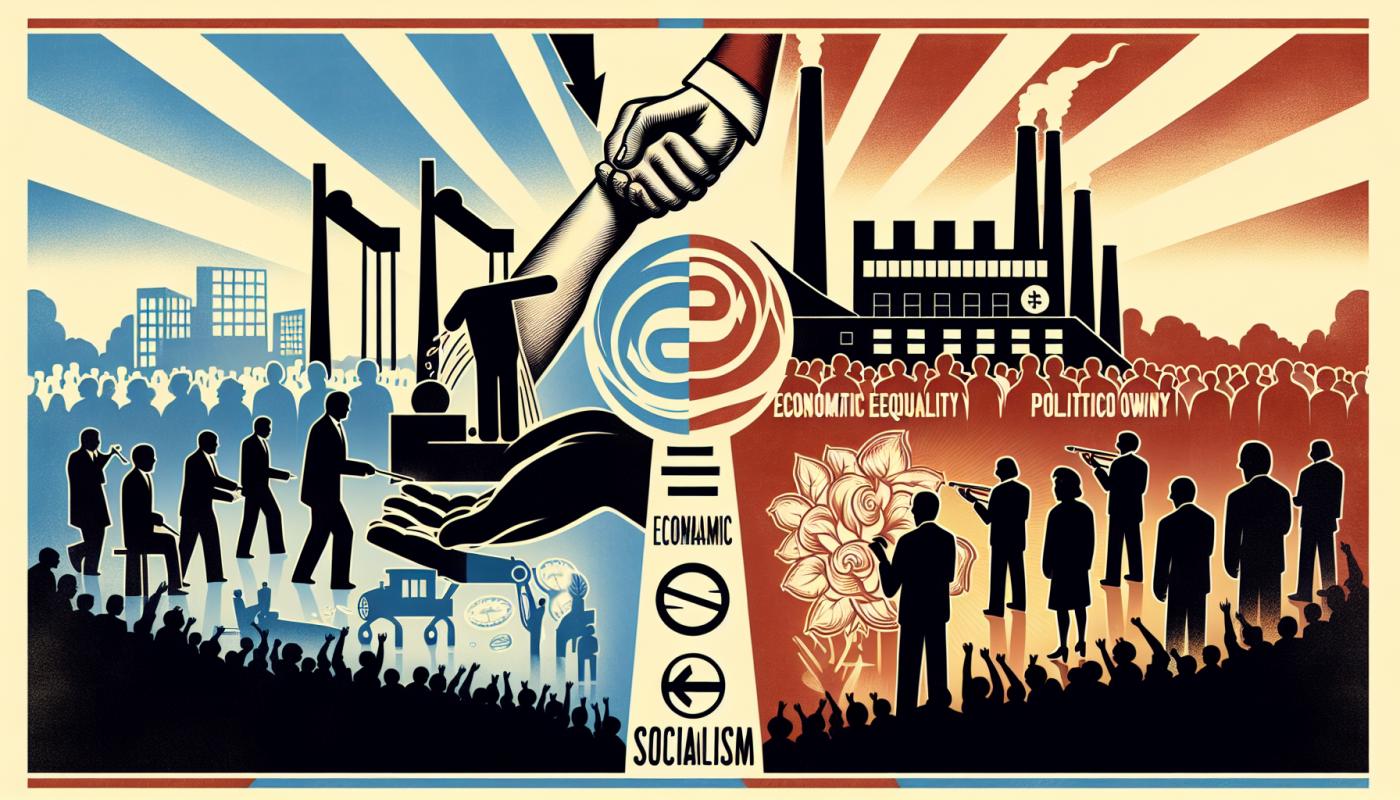
Democratic Socialism
Democratic Socialism is a political ideology that combines the principles of democracy with the ideals of socialism. It advocates for a democratic political system alongside a socialist economic system. This means that democratic socialists believe in political democracy, but they also believe that the economy should be socially owned and controlled by the people who work in it, rather than by a small group of wealthy individuals or corporations.
Democratic socialism is different from traditional socialism, which often involves an authoritarian government that controls the economy. Instead,… Read more
@VOTA1yr1Y
Humanitarian
The "Humanitarian" political ideology is centered around the belief that the primary role of government and society is to promote the well-being and dignity of all human beings, with a focus on alleviating suffering, reducing inequality, and ensuring that basic human needs are met. It emphasizes compassion, empathy, and moral responsibility toward others, particularly the most vulnerable members of society. Humanitarianism as a political ideology often advocates for policies that prioritize social justice, human rights, and the equitable distribution of resources.
Historically, human… Read more
@VOTA2yrs2Y
Consumer Protection
Consumer Protection is a political ideology that emphasizes the rights and safety of consumers in relation to the goods and services they purchase. This ideology is rooted in the belief that consumers should be protected from unfair business practices, misleading advertising, and defective products. It advocates for laws and regulations that ensure businesses operate in a fair and transparent manner, providing consumers with accurate information about products and services, and holding companies accountable for any harm caused by their products or services.
The history of the Consumer Protecti… Read more
Join in on more popular conversations.